Any recommendations for beginner piano pedagogy?
mahatmacat1
17 years ago
Related Stories
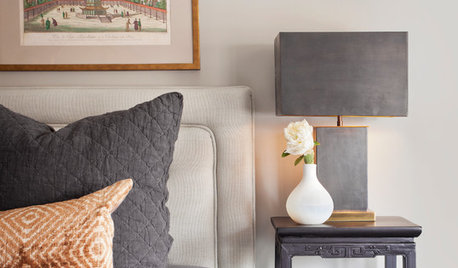
FURNITURE10 Secrets of Successful Secondhand Furniture Shopping
Design professionals offer tips on how, where and what to buy
Full Story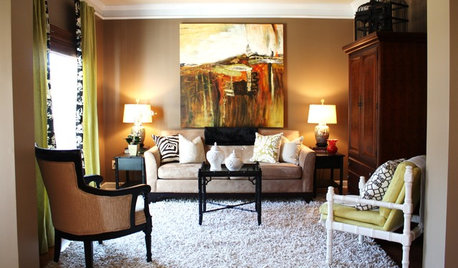
DECORATING GUIDESDitch the Rules but Keep Some Tools
Be fearless, but follow some basic decorating strategies to achieve the best results
Full Story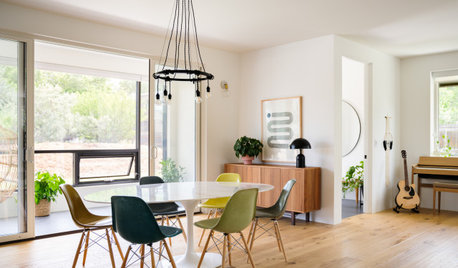
FEEL-GOOD HOME10 Tips for a More Peaceful Home
Turn your everyday living space into a serene retreat by clearing visual distractions, softening your lighting and more
Full StoryMore Discussions






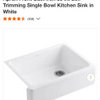


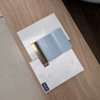
mahatmacat1Original Author
bill_vincent
Related Professionals
Carlisle Kitchen & Bathroom Designers · Northbrook Kitchen & Bathroom Designers · Philadelphia Kitchen & Bathroom Designers · Adelphi Kitchen & Bathroom Remodelers · Beach Park Kitchen & Bathroom Remodelers · Rancho Palos Verdes Kitchen & Bathroom Remodelers · Westchester Kitchen & Bathroom Remodelers · Gibsonton Kitchen & Bathroom Remodelers · Westminster Kitchen & Bathroom Remodelers · Hawthorne Kitchen & Bathroom Remodelers · Billings Cabinets & Cabinetry · Red Bank Cabinets & Cabinetry · Central Cabinets & Cabinetry · University Park Cabinets & Cabinetry · Shady Hills Design-Build Firmsmahatmacat1Original Author
spacific
bill_vincent
bill_vincent
mahatmacat1Original Author
cupofkindness
ctremodler
mahatmacat1Original Author
sprout26
vedazu
mahatmacat1Original Author
sprout26
vedazu
alexrander
mahatmacat1Original Author